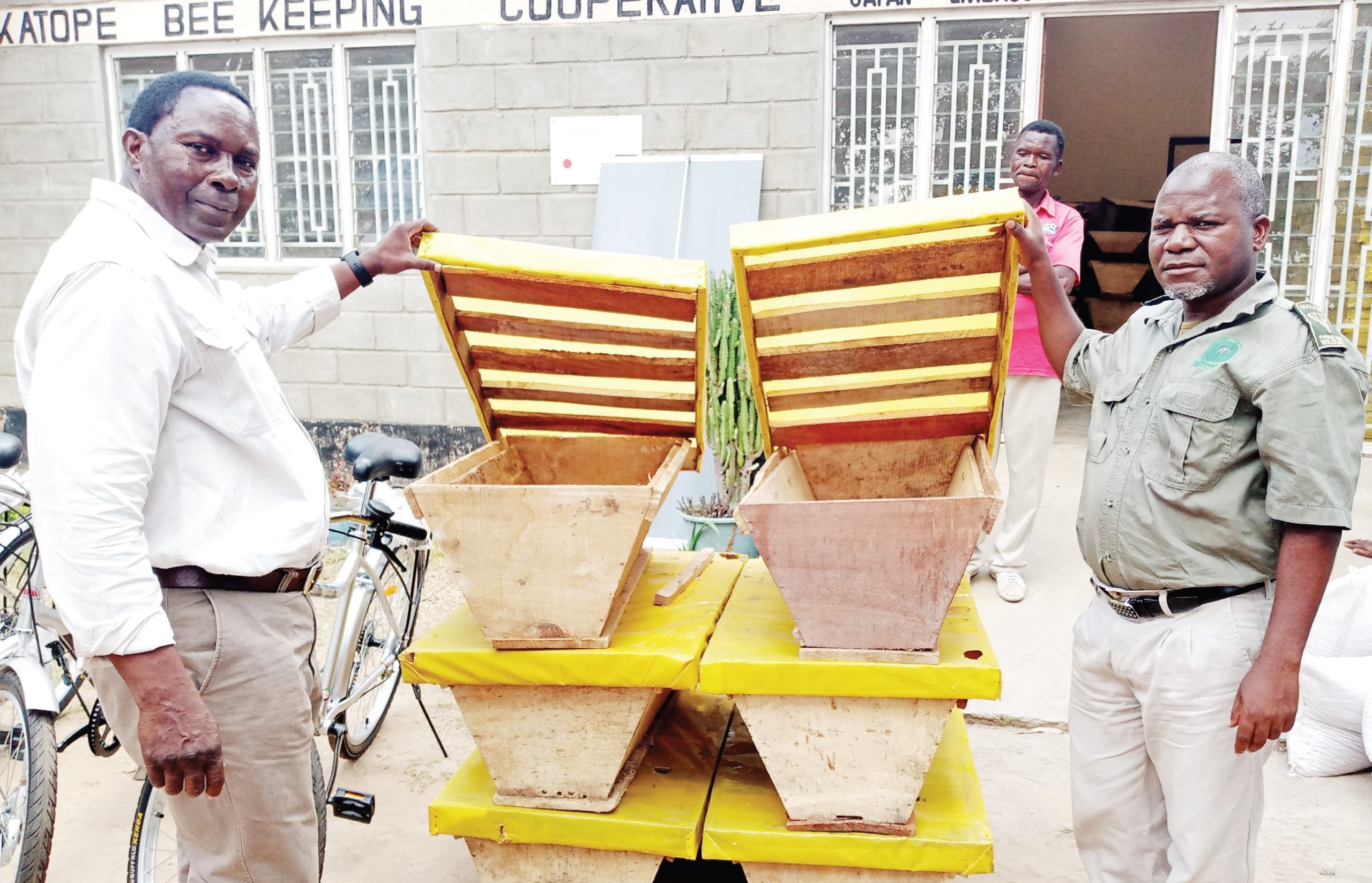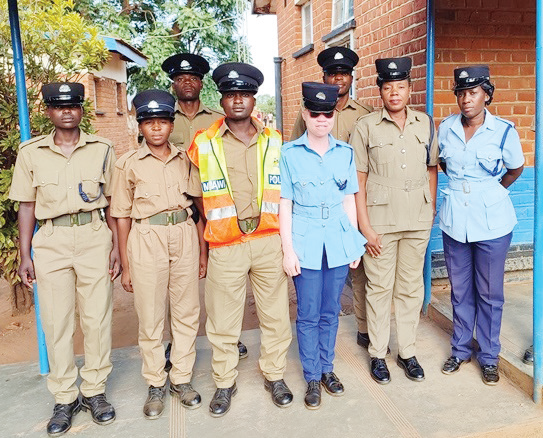Fighting for the right to water
As access to clean and safe water continues to be elusive for most Malawians, KONDWANI KAMIYALA and EPHRAIM NYONDO explore how the right to life is being impinged on:
Deliwe Banda of Gulliver in Lilongwe envisions worst days. A Lilongwe Water Board (LWB) announcement about impending water crisis brings wrinkles on her face.

She frets at the thought that for the next six months the taps in the capital will be dry more than ever, following the announcement that the rationing is a necessary evil so that Lilongwe is not completely dry until the rainy season.
“The board announced that we will be having at least four days of running water in a week but on the ground, the taps are dry for six days. To make matters worse, there are no water bowsers for us to get relief. And to think we will go through this for the next six months, I don’t know,” says Banda.
Asked what she will do about it, she shrugs: “What else can I do?”
She calls water ‘a literally scarce resource, life’.
Banda’s woes are shared by many Malawians. They take many forms.
Pilirani Adini at Mwansambo Turn-off in Nkhotakota gets piped water that is yellowish in colour. In spite of her disability, 27-year-old Mary Mhango has to walk 12 kilometres from Bangwe to Limbe and back to get clean water.
In Blantyre, a woman in Ndirande Township claims she only accesses clean water from a broken pipe in the high density township. But most times she is forced to draw water from unsafe sources.
It is common knowledge that water is scarce commodity for both urban and rural dwellers, as Banda observes, water is life.
This challenge, however, is there despite the Malawi Constitution granting every person the right to life.
If water is life, wonders Centre for Social Research (CSR) deputy director Blessings Chinsinga, why is it not a right?
According to Chinsinga, it is difficult for Malawians to redeem their right to clean and safe water as it is not enshrined in the Bill of Rights, as is the case in other African countries, like South Africa, Kenya, Democratic Republic of Congo and Uganda.
The Kenyan and South African constitutions say every person has the right to sufficient food and water, the Congolese protect the right for access to potable water while the Uganda’s supreme law guarantees that every Ugandan has the rights and opportunities to education, health services, clean and safe water.
The United Nations General Assembly, in 2010 passed Resolution 64/292 explicitly recognising the human right to water and sanitation and acknowledged that clean drinking water and sanitation are essential to the realisation of all human rights.
The resolution calls upon States and international organisations to provide financial resources, help capacity-building and technology transfer to help countries, especially developing ones, to provide safe, clean, accessible and affordable drinking water for all.
The Resolution followed the world body’s 2002 adoption of an article in the General Comment No 15 of the UN Committee on Economic, Social and Cultural Rights, which stipulates: “The human right to water is indispensable for leading a life in human dignity. It is a prerequisite for the realisation of other human rights.”
Malawi is party to various international frameworks that, in part, underline water as an important right. These include the Convention of the Rights of the Child (CRC) and the Convention on the Elimination of Discrimination against Women (Cedaw).
But, according to Chinsinga, more needs to be done than just being party to the frameworks that call for water rights for all. “We say water is life. The Constitution guarantees a right to life. Therefore, the absence of clean and safe water impinges on the people’s unalienable right to life,” says Chinsinga.
Using a climate justice approach in the Water for All projects, CSR is partnering with the Glasgow Caledonian University, Centre for Climate Justice (CJU), with funding from the Scottish Government to find ways how issues of human rights, social justice, equity and equality, vulnerability and climate change feature in water management approaches.
Concurring with Chinsinga, Assemblies of God Care (AG Care) executive director John Kanthungo says they engaged a constitutional law expert who determined the Malawi Constitution does not explicitly say water is a right in Malawi.
Kanthungo says the importance of water for human survival is recognized through several policies, including the Malawi Growth and Development Strategy (MGDS), which recognises water as a vital resource not only for individual survival and health, but also as a catalyst for energy, transport, agriculture and biodiversity.
Further, he notes, the operationalisation of the National Water Policy, through the National Water Development Programme II is a move in the right direction as it aims at increasing national access to sustainable water supply and sanitation services and improve water resources management at national level.
“But the lack of a legal guarantee to the right to water undermines the ability for the majority of people to live dignified and healthy lives. Citizens cannot demand from the State equitable provision of potable water. And, sadly, the State is not legally obliged to provide water services to the citizens,” says Kanthungo.
Together with other organisations Tearfund and Eagles, they have been sensitising people in Salima and Karonga that water must be a right, while drilling boreholes to provide clean and safe water.
As village headwoman Bibi Mlenga of Traditional Authority (T/A) Ndindi’s area in Salima learned, the right to water, like any other, must come with responsibilities.
“In the past, before they drilled a borehole in my village, we were walking five kilometres to get water that was unsafe. Cholera was rampant. That is gone. We have been taught it is our responsibility to take care of our water resources and the environment. If we deplete the environment, we will continue suffering,” she says.





